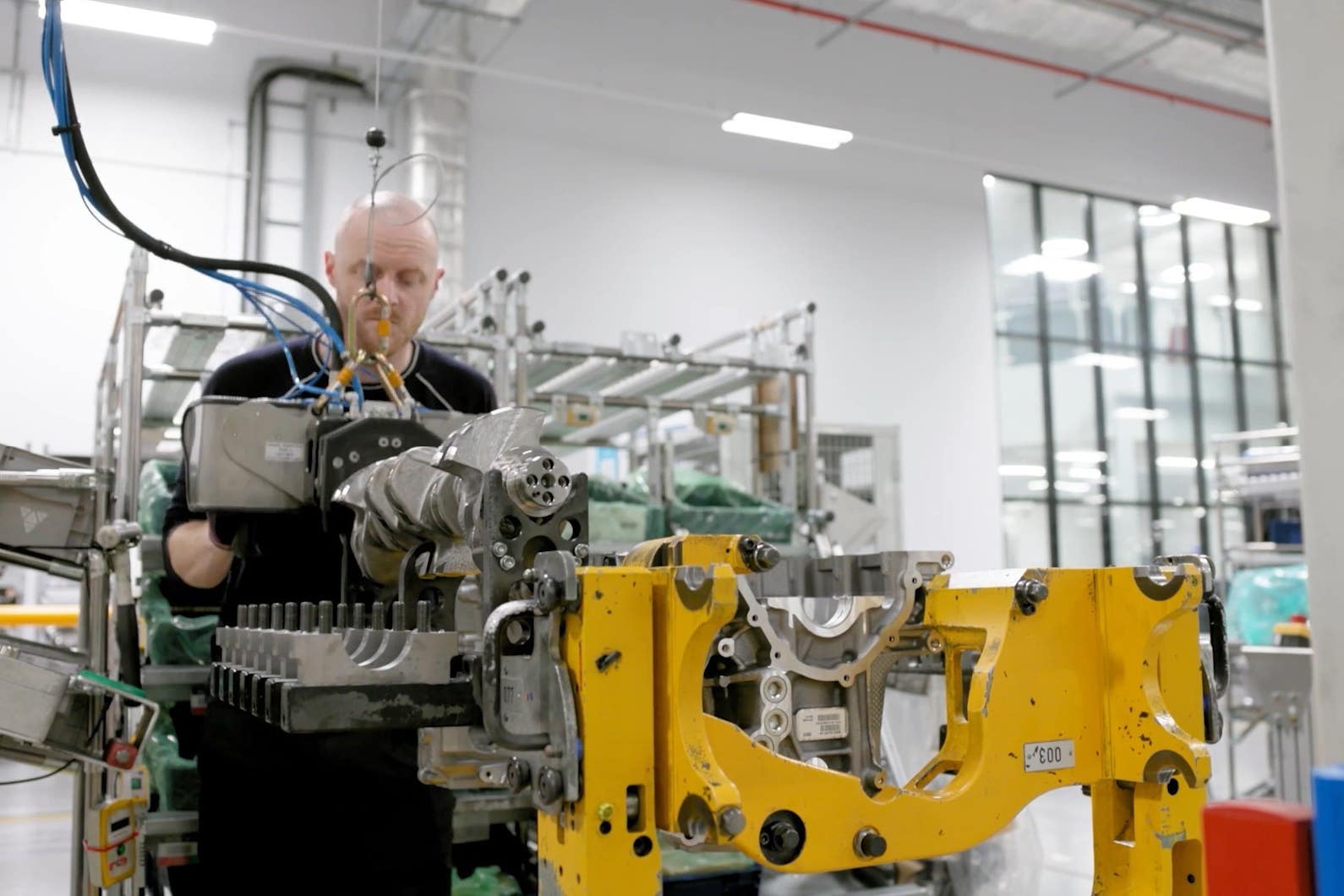Jaguar Land Rover cyber attack cost company nearly £200 million

A cyber attack on Jaguar Land Rover cost it nearly £200 million, the company has announced.
The UK’s largest car manufacturer said it has “made strong progress” in recovering its operations at pace since the attack.
JLR stopped production across its UK factories for five weeks from September 1 after being targeted by hackers a day earlier.
All of the group’s manufacturing sites – including factories in Solihull, West Midlands, and Halewood, Merseyside – restarted operations last month.
Jaguar Land Rover (JLR) has revealed it swung to an underlying loss of £485 million over the second quarter of the year as earnings were knocked following a severe cyber attack.
The British luxury carmaker had made a profit before tax and exceptional items of nearly £400 million over the same period in 2024.

It also reported a £134 million loss for the six months to the end of September, from a £1.1 billion profit the prior year.
JLR’s chief executive Adrian Mardell said the company’s financial performance was “impacted by significant challenges, including a cyber incident that stopped our vehicle production in September and the impact of US tariffs”.
The manufacturer revealed costs of £196 million relating to the cyber attack.
The cyber attack on Jaguar Land Rover is thought to have been the UK’s most economically damaging hack and is estimated to have cost the country £1.9bn.
Research from the Cyber Monitoring Centre (CMC) indicates that around 5,000 businesses nationwide have been hit by the fallout.
Its experts analysed the incident’s broad impact across the economy and supply chain to arrive at the figure.
Jaguar Land Rover halted production at its UK factories for five weeks from 1 September after being targeted the previous day.
This disruption led to warnings from suppliers that many faced collapse without rapid trading resumption or financial aid.
